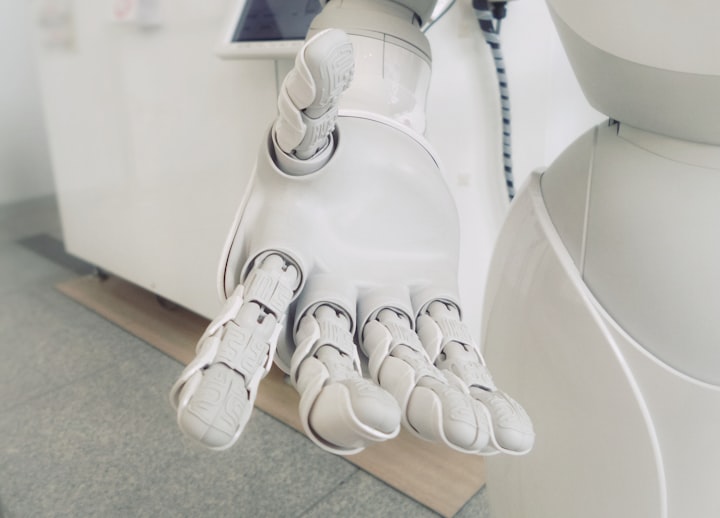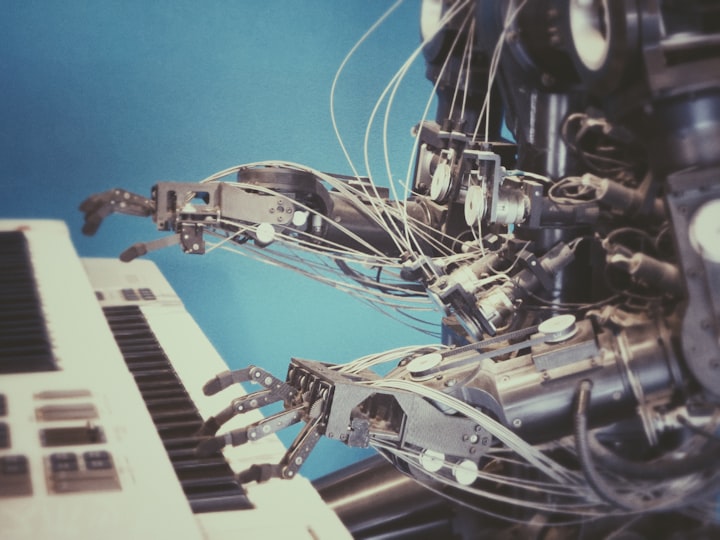How Will Artificial Intelligence Affect Our Daily Lives?
If we have data, we can do anything. It is the magic ingredient for an artificial intelligence to work and give the optimal results for a 'smart society' to optimize its effectiveness.

The future of artificial intelligence is more present than ever: We find it everywhere, in our cell phones as voice assistants; in our homes through intelligent speakers that connect an alarm. This is already a reality.
In the last 3 years, a large part of the population has gone from not knowing the term to knowing what it consists of or at least having an idea.
Are we aware of its use and the responsibility it entails?
AI has come to revolutionize our present
Spending on artificial intelligence is going to double in the next 4 years. Between 2020 and 2024, it is expected to go from 42.3 million euros to 93 million.
Companies are looking to be more agile and innovative at a totally unusual time in history.
Among the main objectives: to provide a better customer experience and help users to perform better in their roles.
In short, they want to make our lives a little easier with a more personalized level of services. How will this affect our daily lives? Here are some examples:
1.- Personal assistant for senior citizens
Coronavirus confinement has shown us that people have not coped well with isolation on a mental level. But what if your home device spoke to you from time to time to ask how you are doing or if you have taken your medication?
The elderly would no longer be so alone, they would have someone to talk to. Even further, their smart pillbox could be the one to detect that they haven't taken their pill and warn them.
It's not all about asking a machine to turn on or off an alarm, light or music system. The near future will revolve around our virtual assistants becoming closer and more important to the family.
2.- Triage of patients
If a machine had the ability to decide how serious your illness is based on a series of parameters: temperature, symptoms, pain, blood and urine tests, an X-ray or even a photo, it would be an effective way for the doctor who had to treat you to do so in a logical order, leaving the milder patients for last:
Through automatic learning I could tell you which group you are in. Imagine that, just by entering the symptoms into the computer, based on past experiences, it would be possible to classify them according to severity.
By this, I don't mean that the role of the doctor is eliminated. It is a way of supporting the admissions staff who must prioritize their care.
This system would avoid a lot of headaches for those who are in the emergency room deciding the order of care, and their decision would have a scientific basis.
3.- Early detection of diseases

Without a doubt, this is another field within Healthcare where AI is gaining weight and even more so since the arrival of COVID-19 in our lives.
This type of technology has allowed, for example, research to become important in which the study of lung X-rays of coronavirus patients can determine with greater certainty if a patient is infected and how serious it is.
This way of working is being extended to the rest of the world, giving a boost to technology, to be applied without barriers in the treatment of more diseases.
AI has countless fields in which to develop in the health field, and the advances being made in image analysis to detect the progression of a disease or even to anticipate it are also well known.
No longer just with X-rays, but directly on the skin. Research has been done on apps that detect whether you might have skin cancer from a photograph of a suspicious mole.
There is already technology that is capable of detecting which ones can be classified as a possible melanoma.
4.- Injury prevention
Another example can be seen in soccer teams. Surely many of you have noticed that many players in the League have been wearing a kind of superior vest for several seasons now. It is a 'smart GPS vest' that monitors all kinds of values: distance traveled, speed, accelerations, body impacts, heart rate.
All that information is then used to monitor the player's health and anticipate whether he will have an injury or a cardiovascular problem.
Now it is a product that is used in sports, but it could have benefits in the population thanks to the recognition of activities through a mobile device that you carry with you.
In this way, your doctor could be ahead of the game in diagnosing possible health problems, physical injuries that you may have if you continue to do the same routine.
5.- Control of people
This point conflicts with personal rights, not wanting a superior entity to control everything we do, but the coronavirus pandemic has made us rethink this.
It is more than likely that in our near future the focus will be on looking at everything we do, where and whether it is governed by law.
Issues facing AI

Information gathering is the main headache of those who have to train an artificial intelligence.
If we want machine learning to work effectively, we need such a large set of data, which is the main obstacle to achieve more accurate results.
And not only that, but afterwards there must be a classification and a human has to apply an algorithm that must be as objective as possible so that no ethical problem or racial bias comes into play.
Everything goes through educating society in artificial intelligence. Let everyone know that it affects our daily lives more than we think and that we should not be afraid of it, but rather respect it. Because who we should be afraid of is the one behind it and the use it makes of the information it sheds.
About the Creator
HowToFind .com
More info at https://howtofind.com






Comments
There are no comments for this story
Be the first to respond and start the conversation.